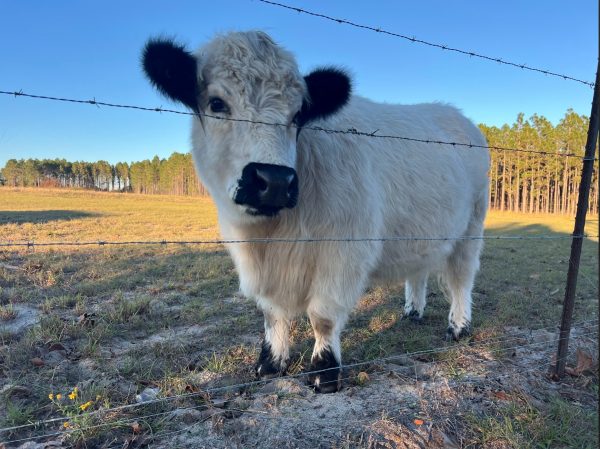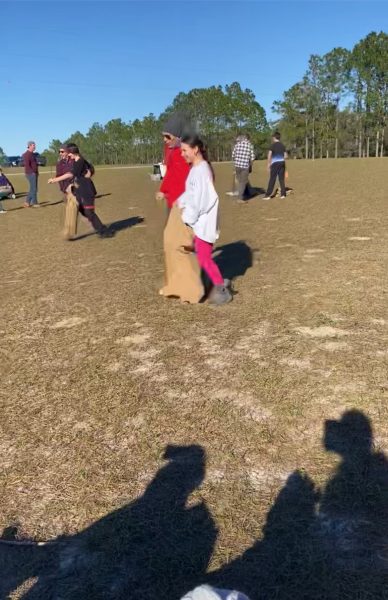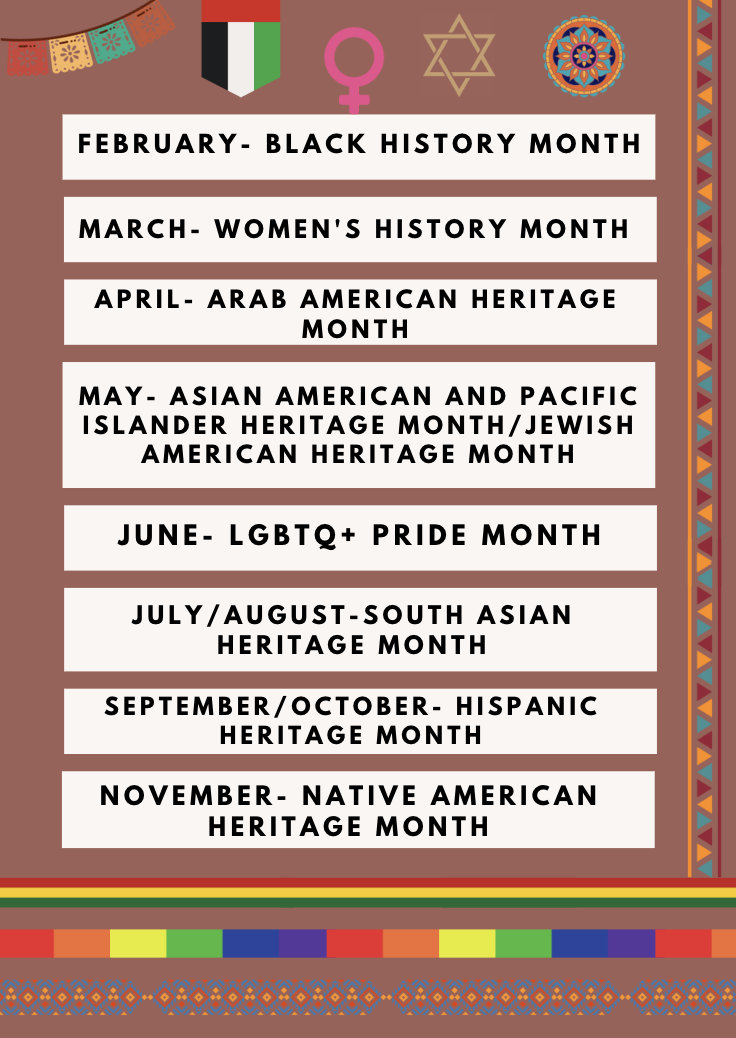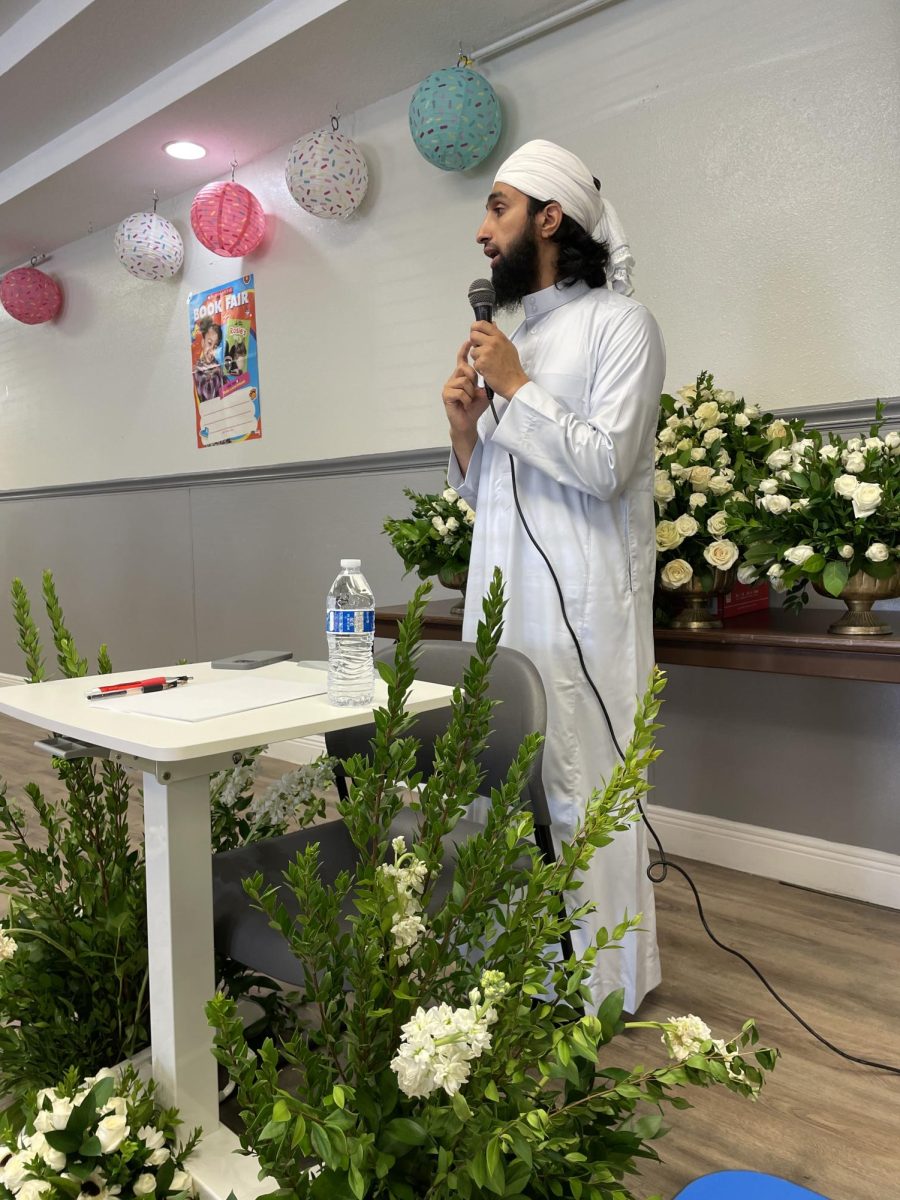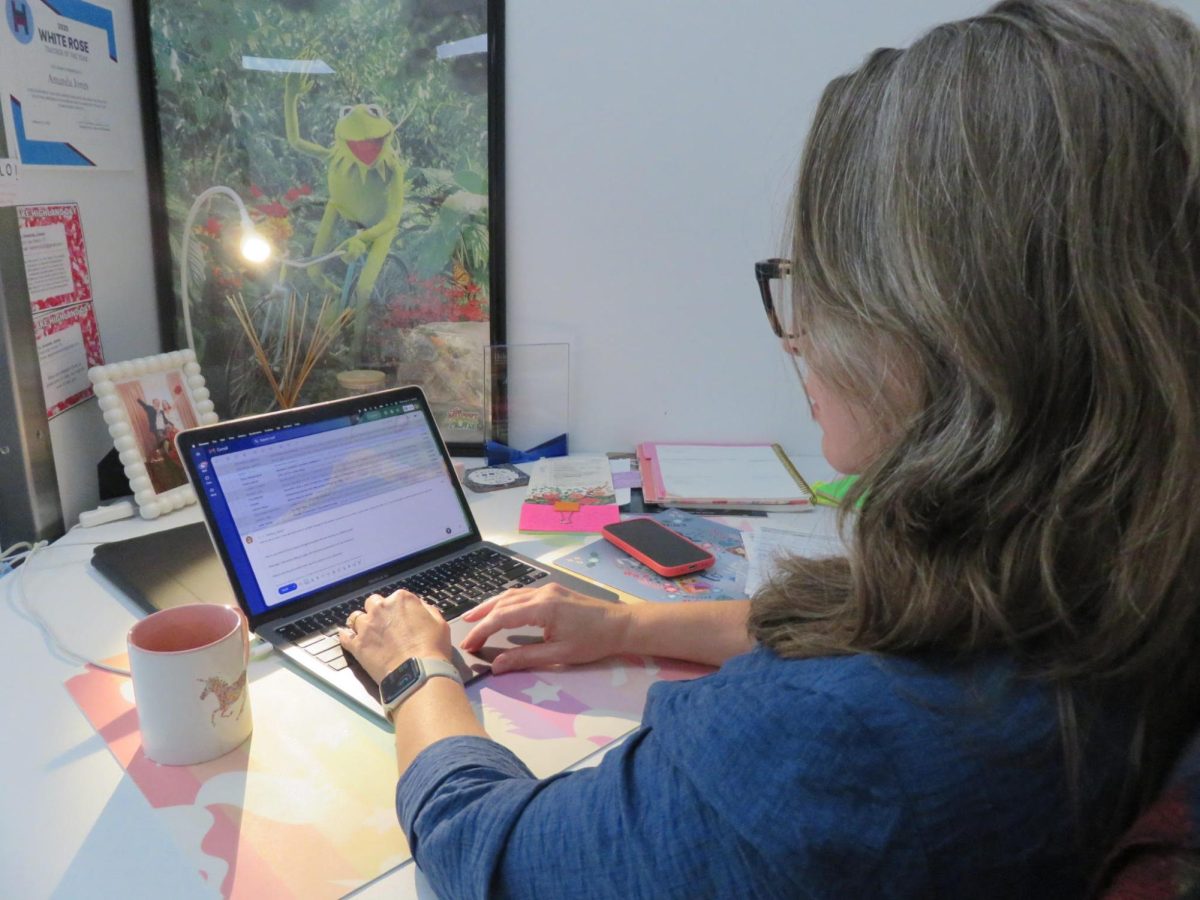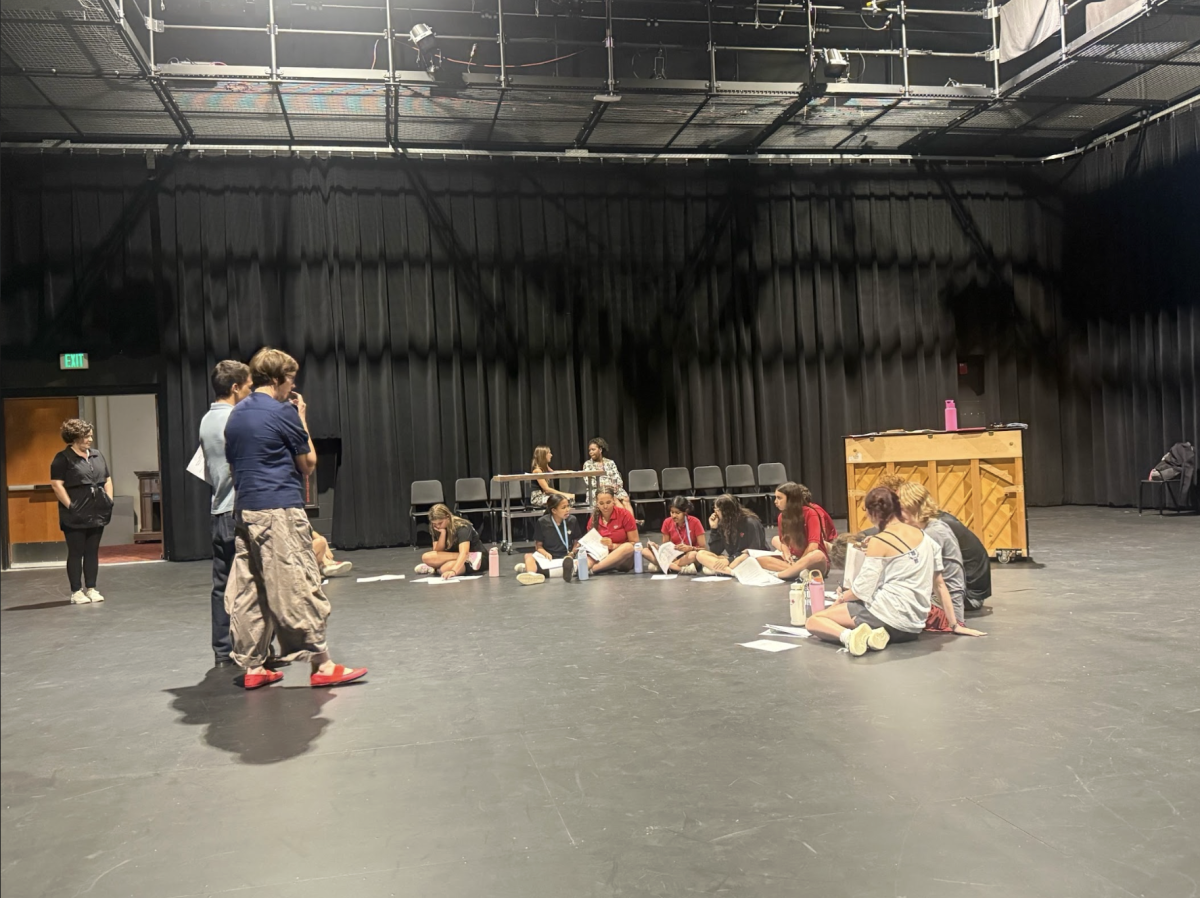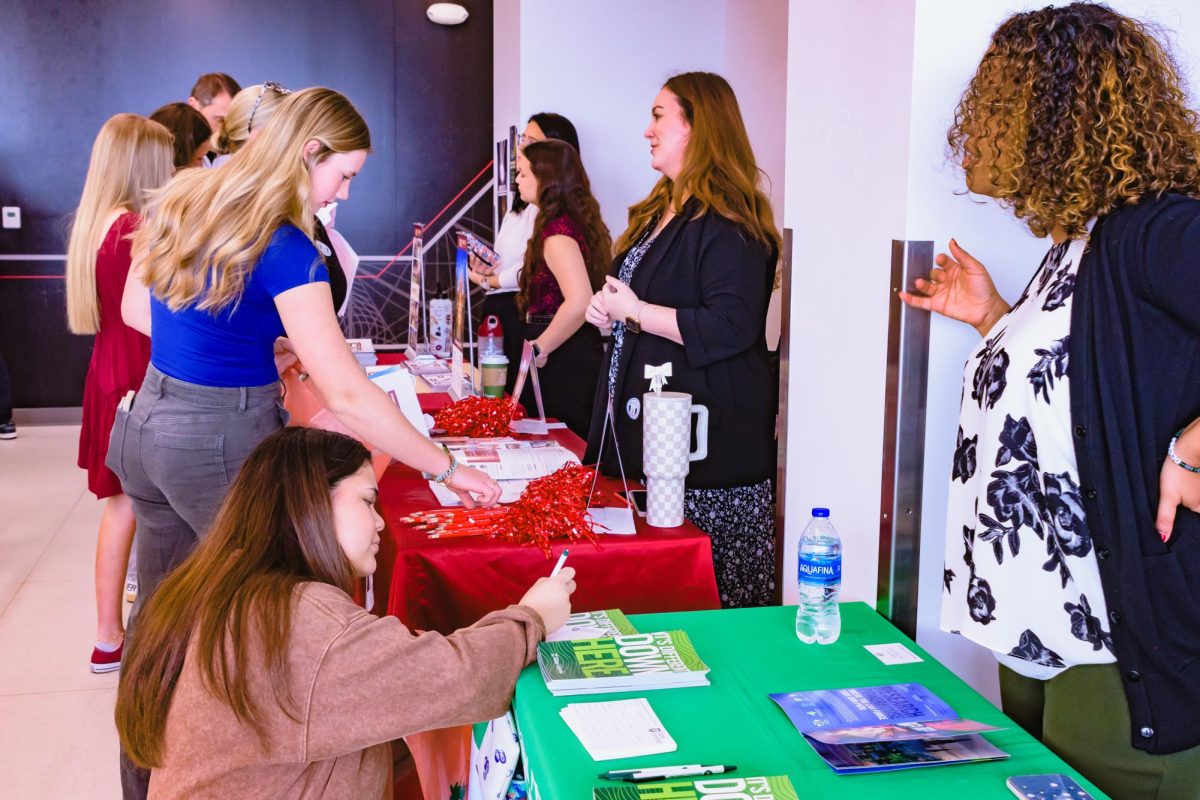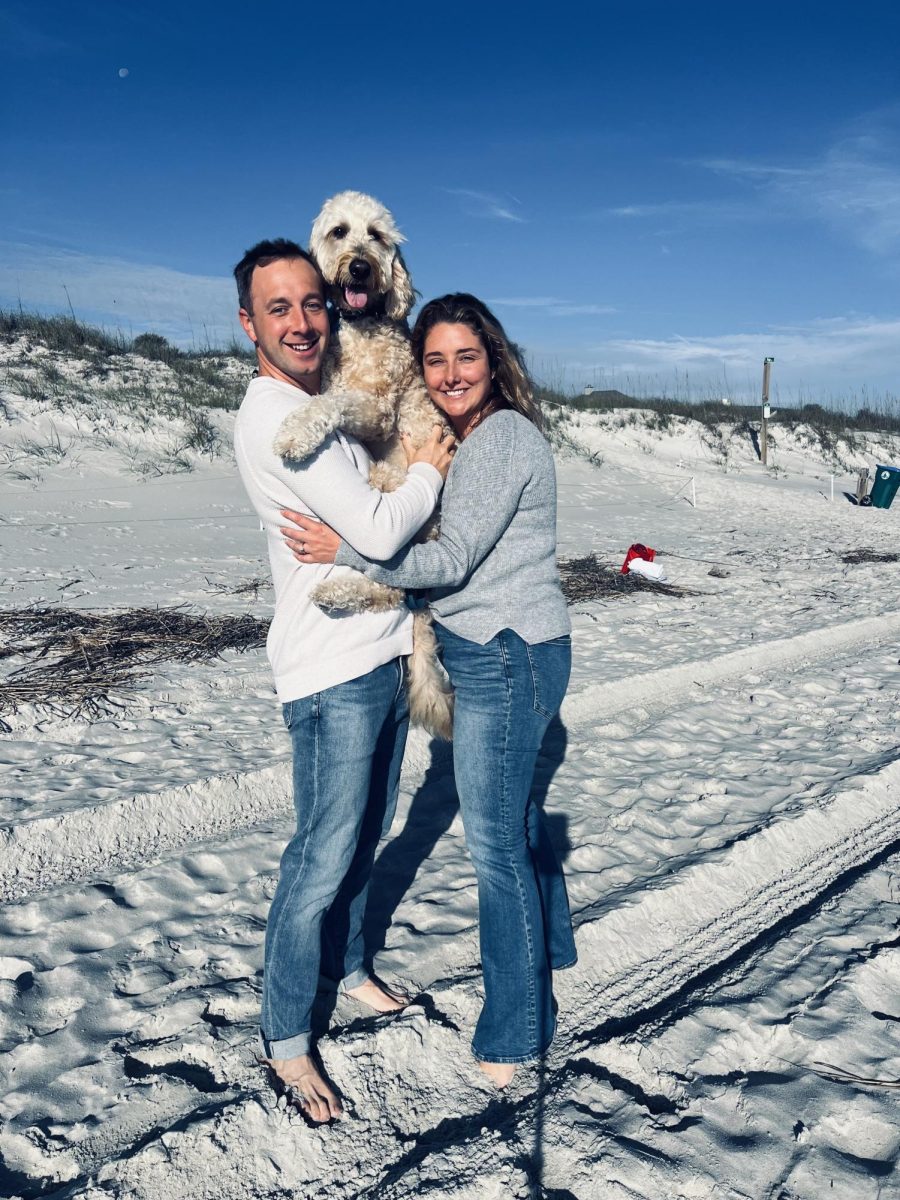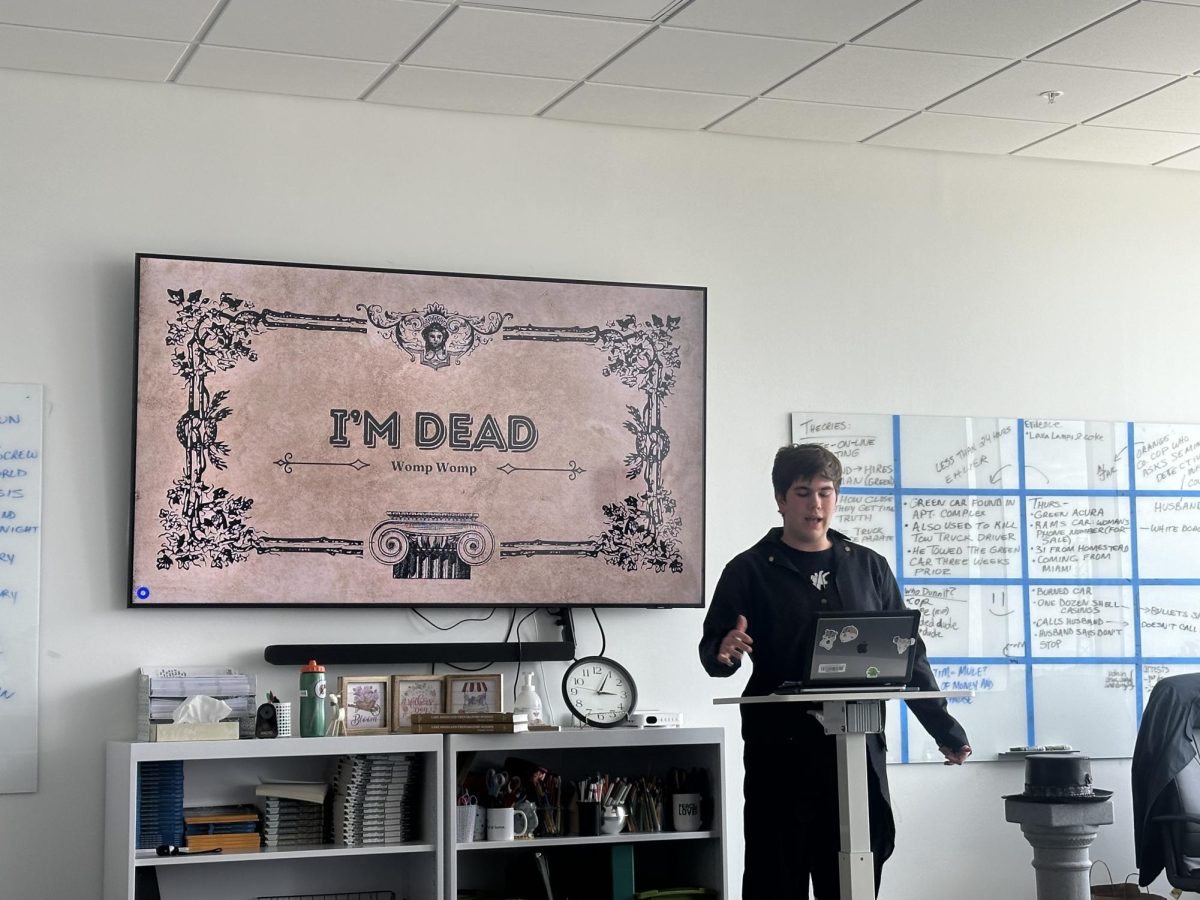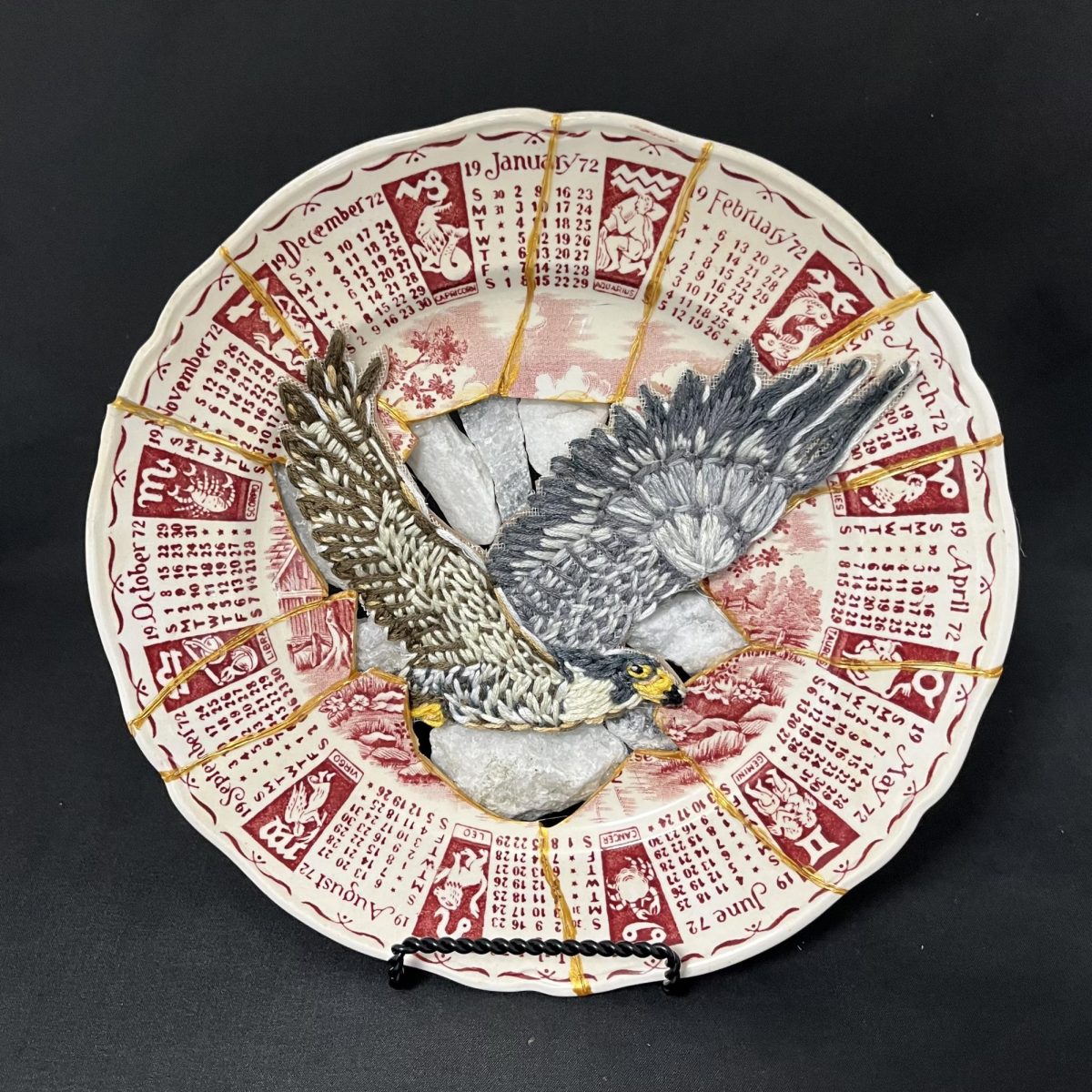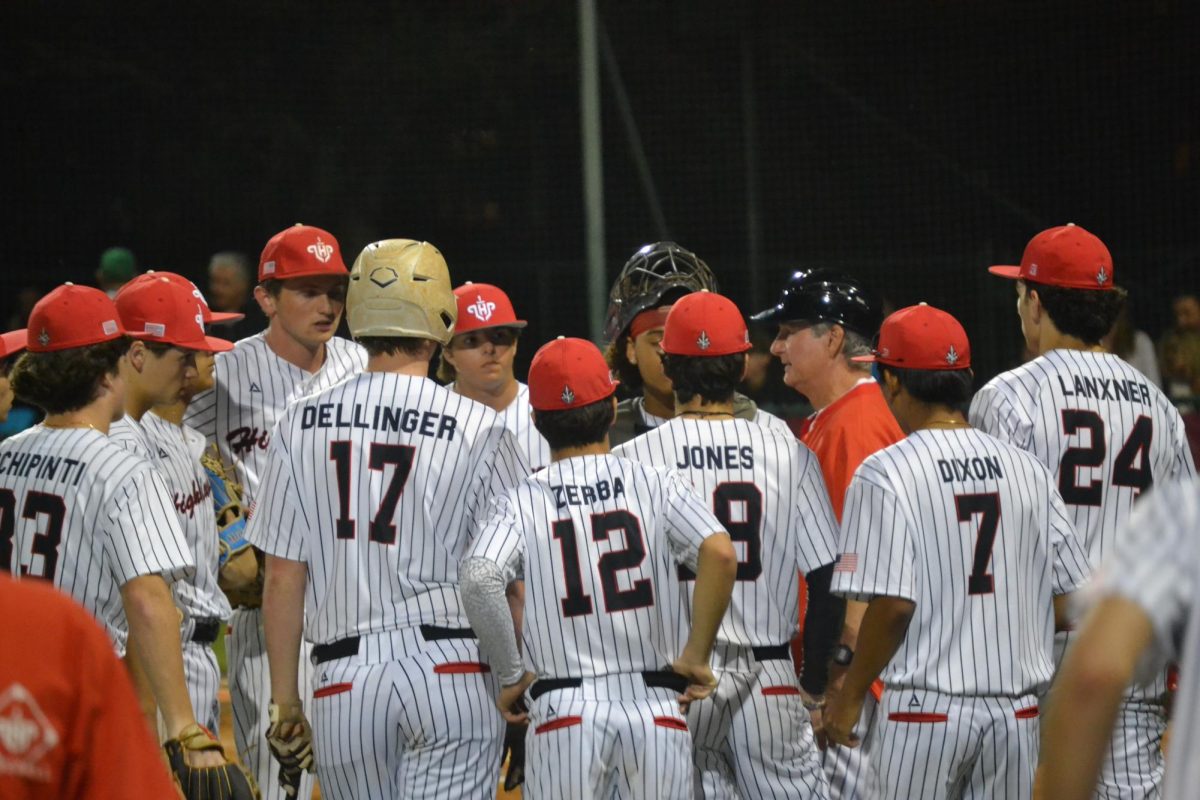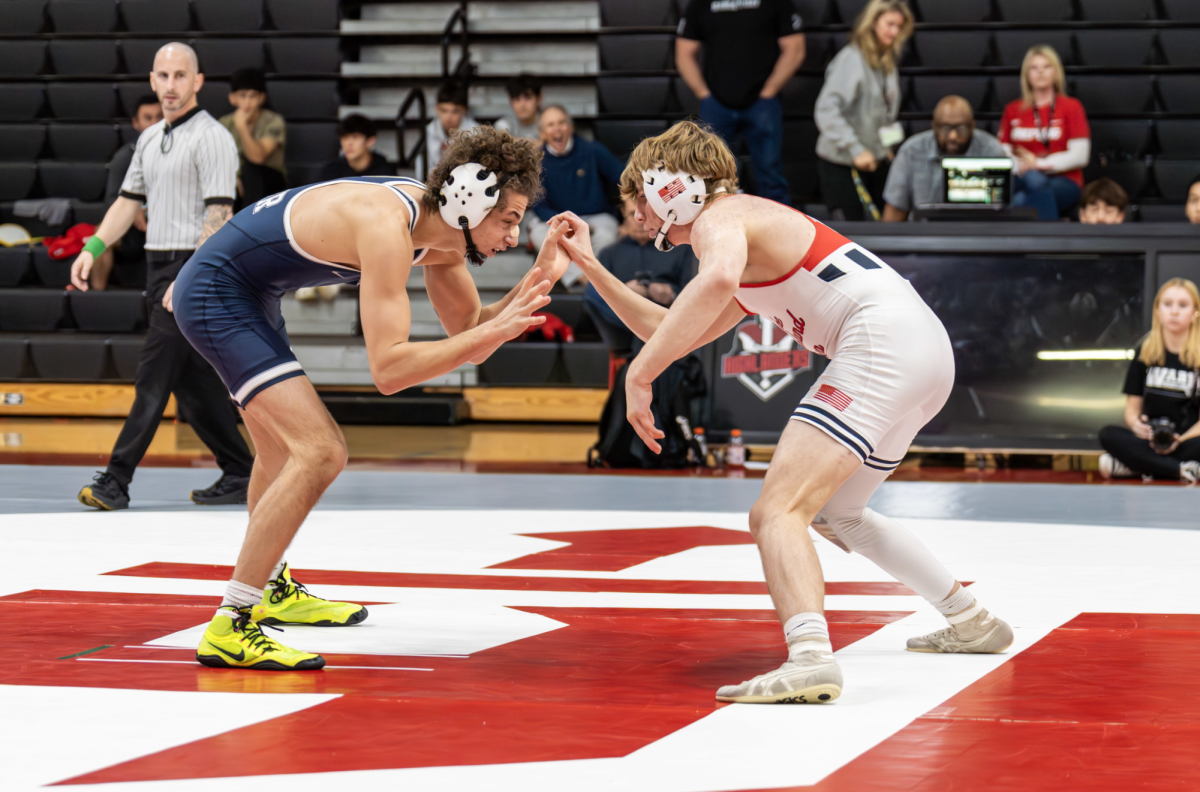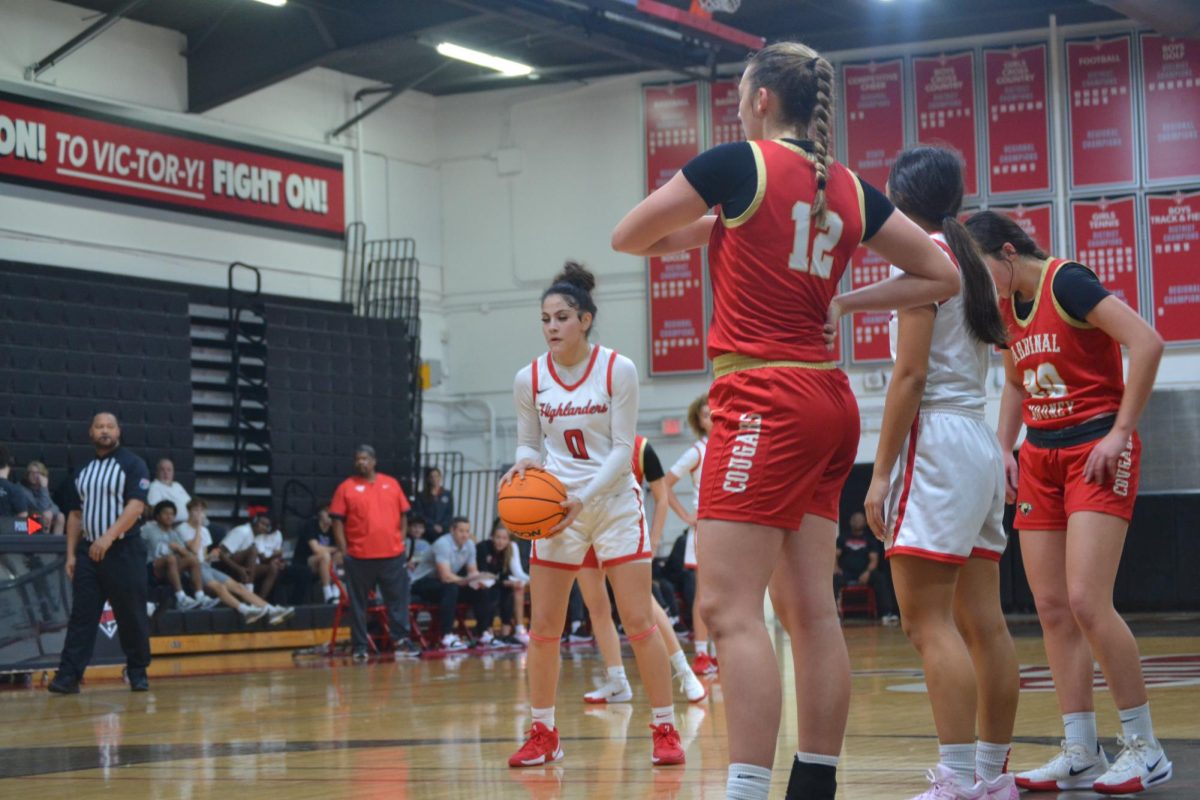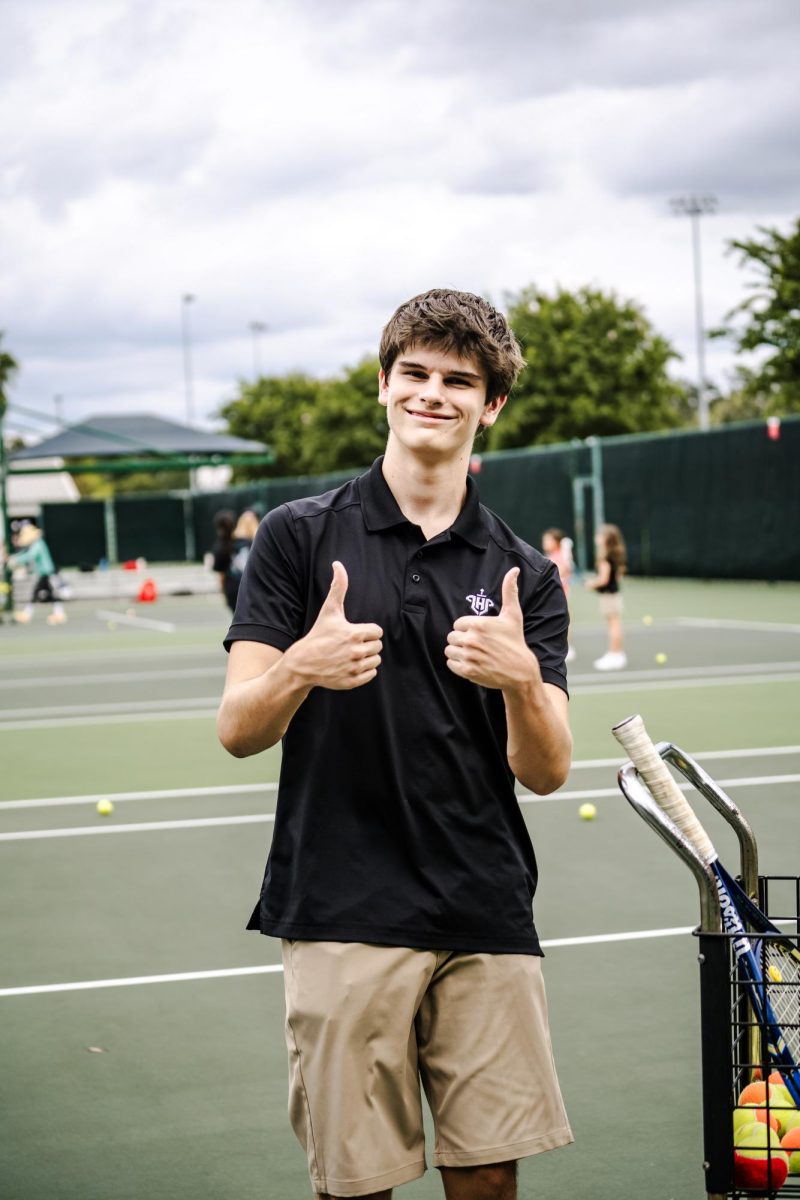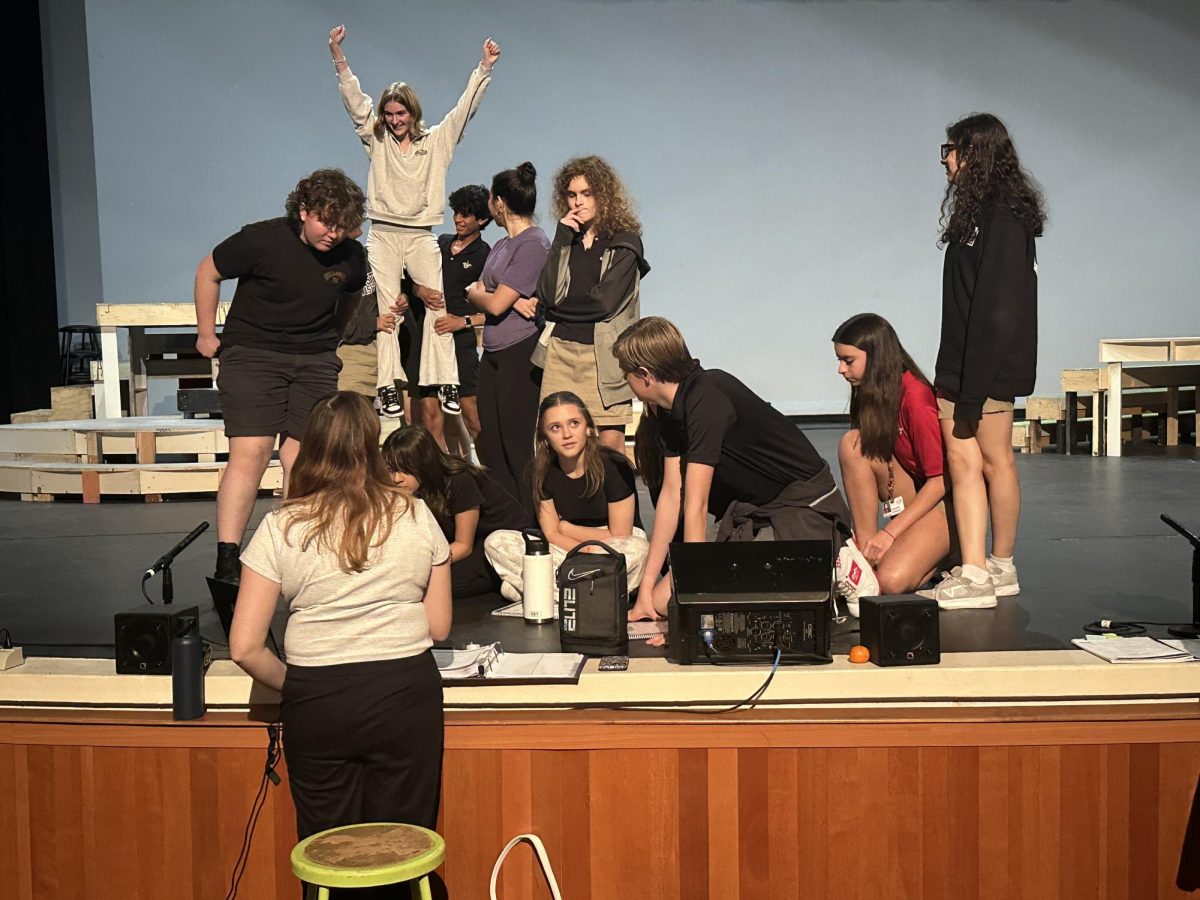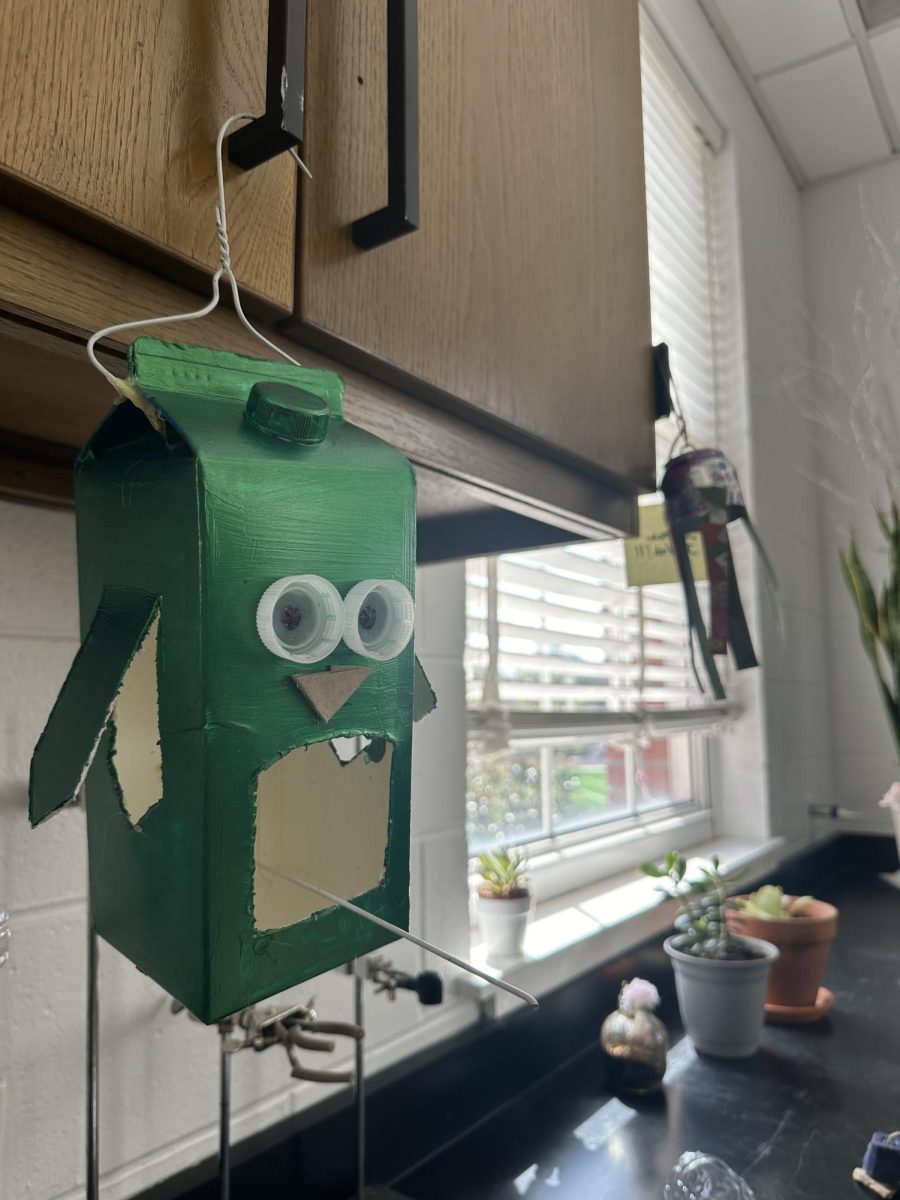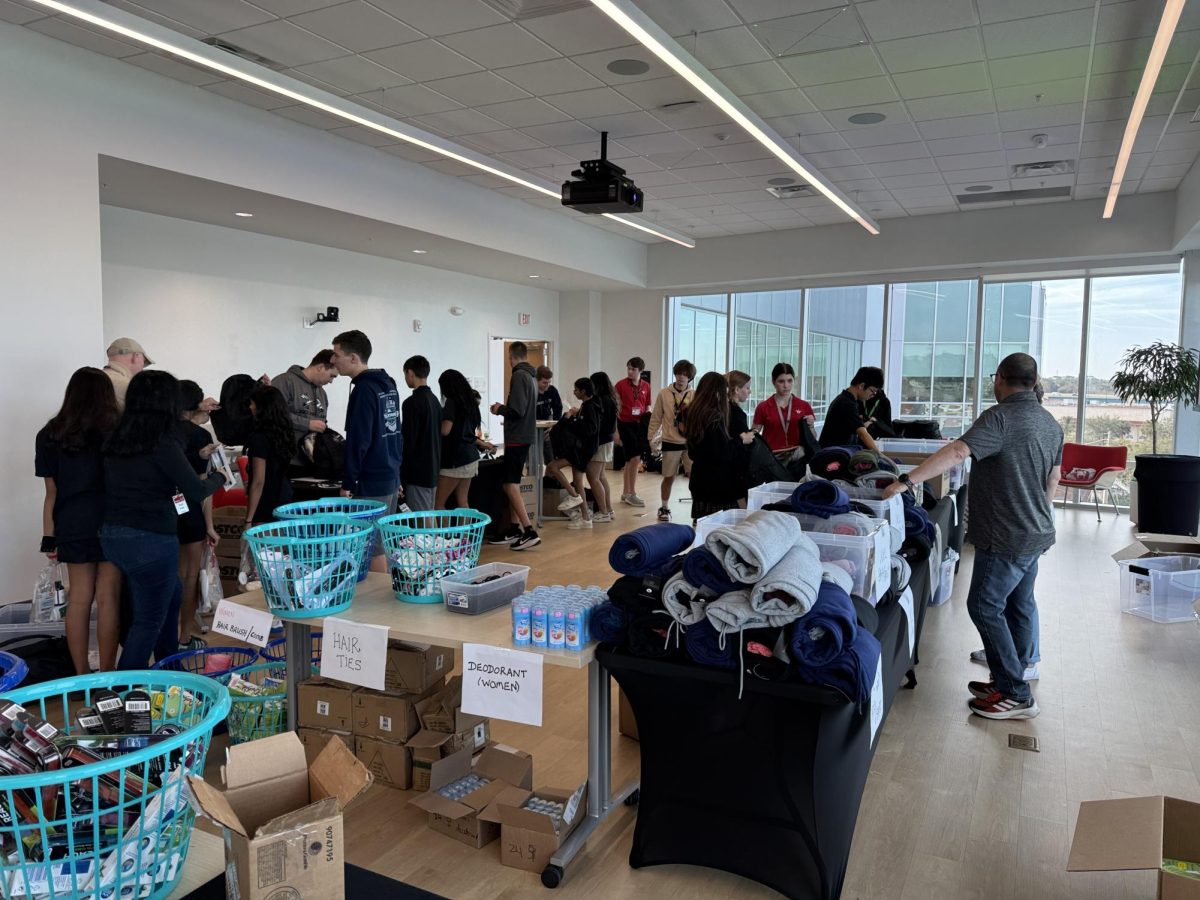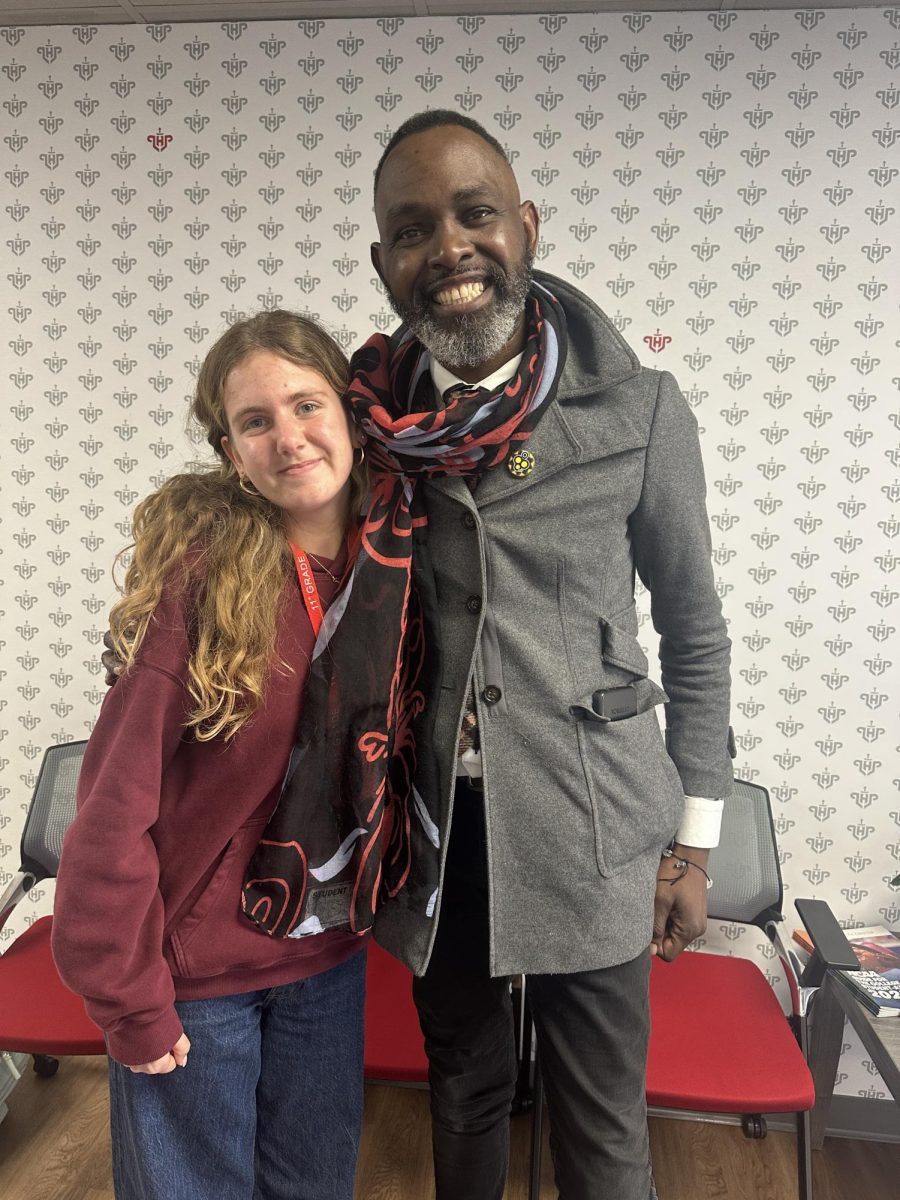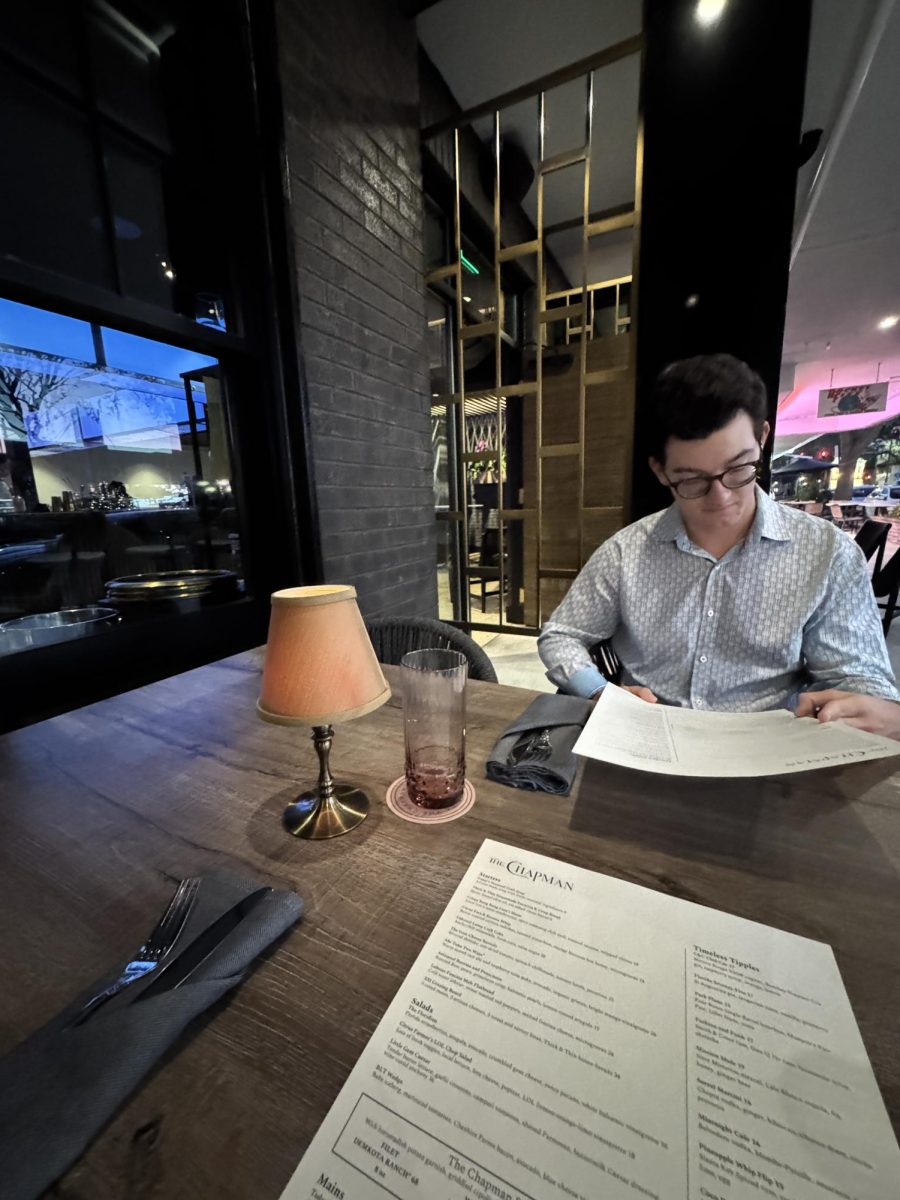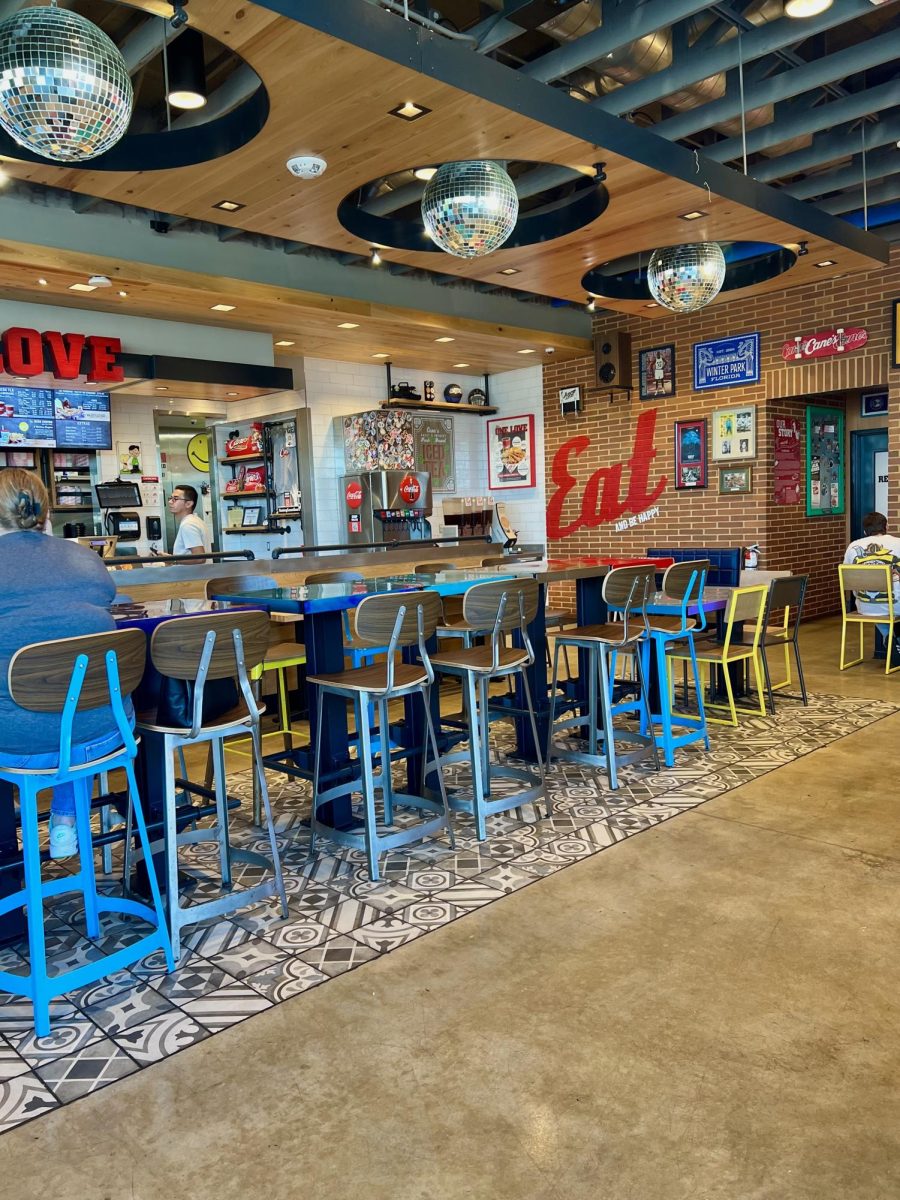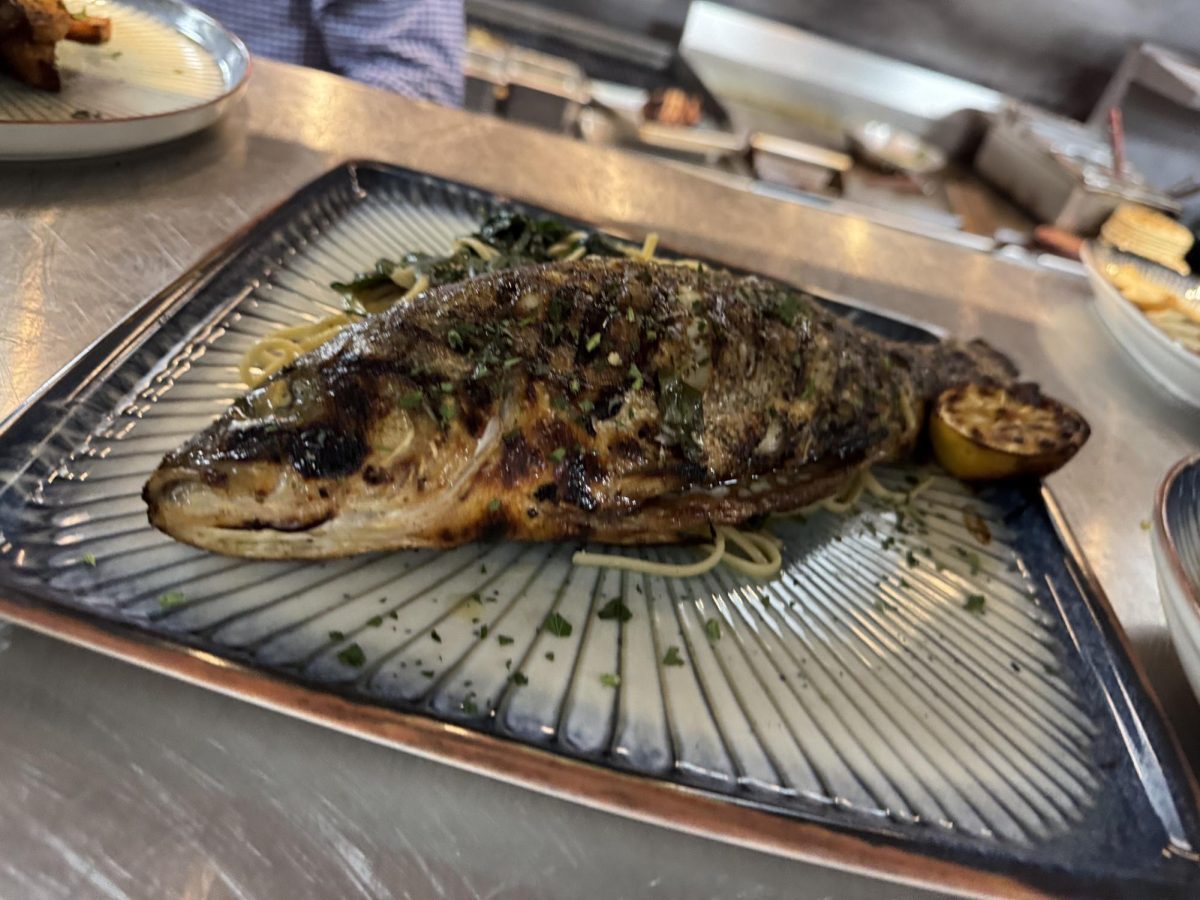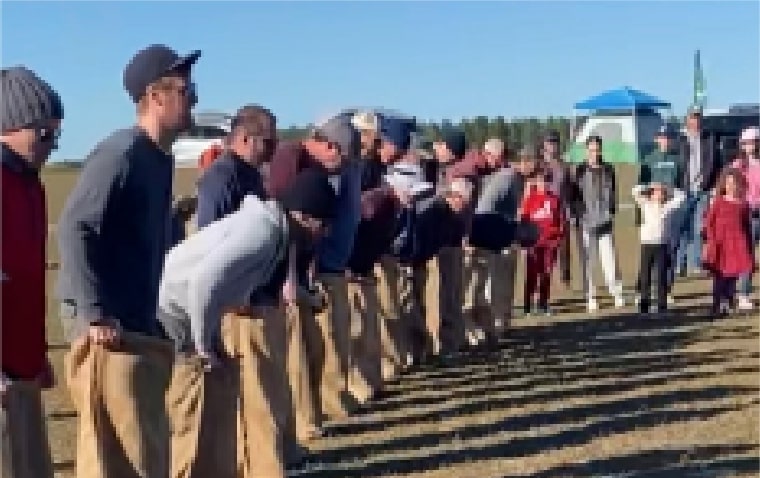Lake Highland is well known for activities like debate, football, ASPIRE, and much more. However, what’s less recognized is its Calusa Camping program. Calusa Camping is one of the “tribes” of father-daughter camping in the Eola Federation, a group of Florida-based camping groups from various schools. The Calusa tribe is mainly made up of dads and daughters from Lake Highland Preparatory School. On the outside, it may seem like nothing more than a fun activity for kids. Every month, from October to April, Calusa Camping gathers at a campground for the weekend for games, activities, food, and much more. They often face off against other tribes in the Eola Federation for field games. Other times, they make s’mores. However, Calusa Camping is much more than that.
At Calusa, young girls start out by participating in activities that have been planned and set up for them. During their younger years, campers play with other girls and form bonds with them. These bonds are strengthened by the amount of time they spend together, the fun that is coordinated for them, and the natural environment in which the camping takes place. The weekend camp-outs always take place on Floridian campgrounds such as Rainbow Springs Campground and Rock Springs Campground, causing campers to spend over 48 hours outdoors. Planned activities in the past have included tug-of-war and father-daughter potato sack races. This pushes campers not only to connect with one another through fun but also through difficulty. Whether it is learning how to roast the perfect marshmallow or finding the ideal partner strategy to win a potato sack race, the girls must overcome challenges together. But this experience doesn’t last forever. When girls in the Calusa tribe get older, they typically begin to volunteer to help serve food, which tends to include scrambled eggs, steak, and Caesar salad, or set up activities for the younger girls who come after them, which include egg toss and Bingo. By doing this, they bond with their peers who are doing the same thing and gain the sense of maturity that comes from providing for others what was once provided for them.
This also secures a role for older girls at Calusa so that they can still feel included when they become older than most other campers. According to current Chief Christopher W Hayes,
Calusa exists to raise caring, inclusive, and responsible young women. Another way Calusa helps young girls is by being a very relaxed activity. According to calusacamping.org, “There is no requirement to camp any certain number of weekends during the year.” This allows both fathers and daughters to feel welcome and included at every camping event no matter how long they’ve been gone.
Additionally, the lack of formal requirements to help with the camping activities pushes maturing girls to demonstrate initiative and take up tasks on their own, further cultivating independence and maturity. But it isn’t just the girls who form long-lasting friendships at Calusa. During a flag-burning ceremony this January, Chief Hayes said he, “Tears up during times like this [ceremonies]” because he feels so grateful for all the connections he’s developed with other dads at the camp-outs. Mr. Olof Tenghoff, a former Calusa Camping member, often says he looks forward to hanging out with Mr. Youngs and Mr. Richter, other dads who frequently attend the camp-outs.
During the flag-burning ceremony this year, young girls were told by Hayes to, “Be quiet and be respectful,” due to the heavy symbolism that the flag holds, and they were also instructed to not leave camping pins lying around on the ground because it was unsafe. Earlier that weekend, they had to listen to instructions for activities given by another adult at the campsite. Small disciplinary instructions like these gradually teach the girls at Calusa to be respectful and polite from a young age while still leaving the vast majority of their time free, which prevents the learning experience from being overbearing.
After this year’s flag-burning ceremony, another very special ceremony, the Broken Arrow, took place. The Broken Arrow only takes place twice a year. It is based on an ancient Cherokee tradition in which a father and his daughter break a used arrow that is no longer functional together to symbolize the daughter becoming old enough to make judgments for herself without the help of her father. In Calusa’s version of the event, the tribe chief gives a speech explaining the process. Then each daughter who feels she is too old for Calusa
Camping steps forward with her father. They each whisper into each other’s ears their favorite memory from Calusa, and then they hold the arrow together, with the arrowhead pointing at the daughter and the feather pointing toward the father.
The feather represents the father guiding the daughter, who is still in adolescence, while the arrowhead represents the daughter having control over the final result of her decisions. Then, with their combined strength, the father and daughter break the arrow. Interestingly enough, Calusa actually uses real hunting arrows that are no longer in use for the ceremony, which many campers took home with them after breaking them. This January, 13 girls broke arrow at Calusa. The camp-out was extremely cold compared to usual Florida temperatures, and there was a malfunction with the portable ovens, among other difficulties.
However, the girls pushed through, most of them helping with the cooking and sleeping in tents despite the cold. This is just one tiny demonstration of the many strengths girls gain from spending time at Calusa. With the continuation of the program, it can be affirmed that a place exists for daughters to gain maturity and make friends, while fathers connect with one another and watch their daughters grow into independent young women.
